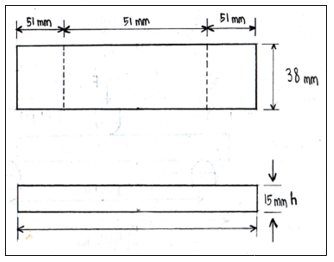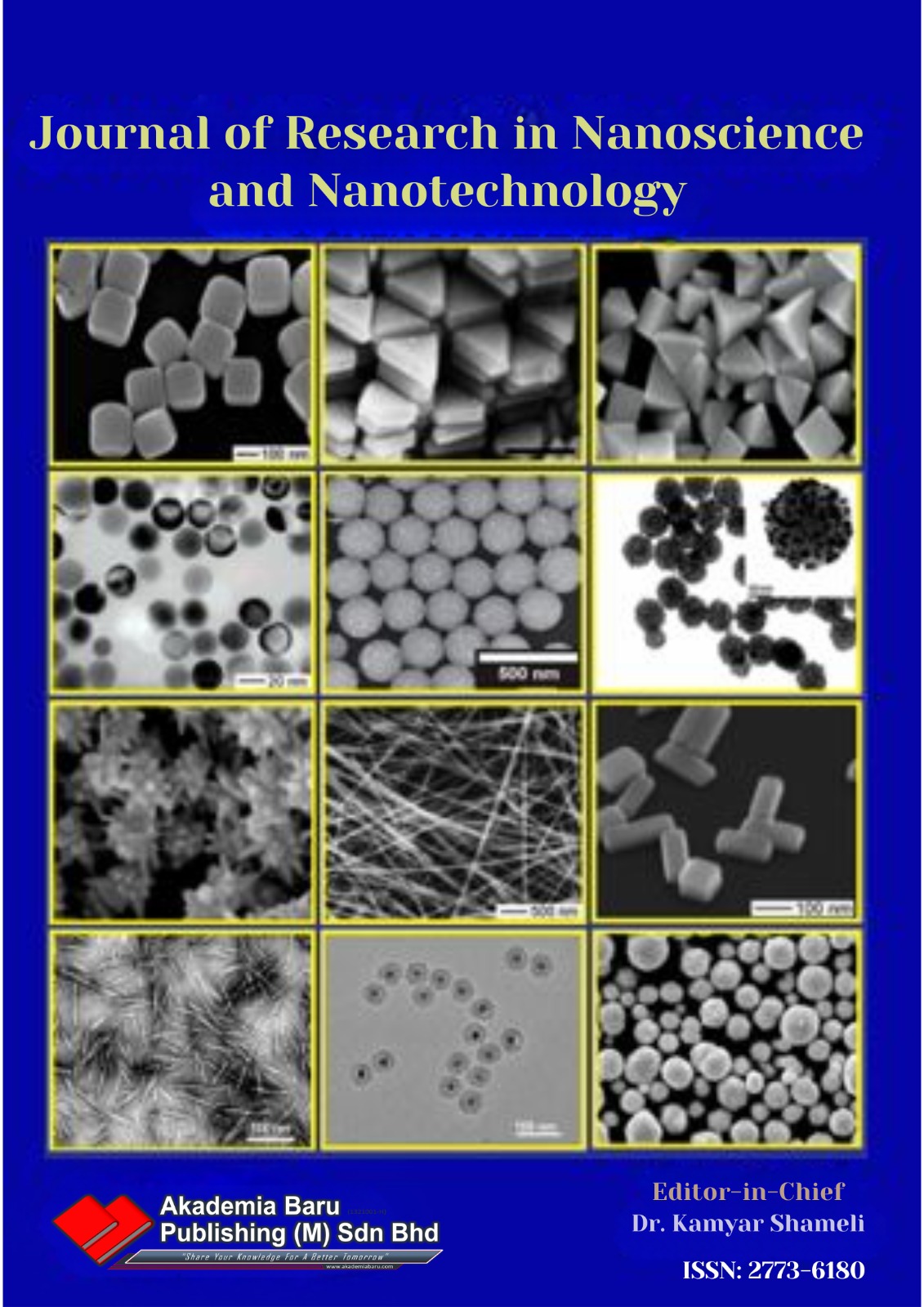Mechanical Properties of Oil Palm Trunk Lumber Using Parallel Strand Lumber (PSL)
DOI:
https://doi.org/10.37934/jrnn.7.3.19Keywords:
Oil palm, parallel strand lumber, tensile test, mechanical testing, STM D143Abstract
This research is to study and investigates how the mechanical strength of oil palm trunk can be improved for parallel strand lumber (PSL) in the timber industry. Various methods are implemented by the wood industry for this purpose. The research uses an Instron Universal Testing Machine to perform mechanical testing on the oil palm trunk after undergoing PSL. Samples used for tensile testing adhere to the size guidelines outlined by the American Society of Testing Materials (ASTM). The results of the experiment indicate that the 1-inch strand has the highest mechanical strength compared to the 0.5 inch and 0.3-inch strand, as it has a higher fibre content that enables it to withstand applied loads or forces. However, the average sample of the 0.3-inch strand also exhibits similar mechanical strength as the 1-inch strand, due to the small size of the strand which allows for better absorption of the glue and stronger bonding with the surface.Downloads
Download data is not yet available.

Downloads
Published
2024-05-24
How to Cite
Damhuji Rifai, Zulfikri Saleh, Kharudin Ali, Raja Siti Nur Adiimah Raja Aris, Nor Hana Mamat, & Suzanna Ridzuan Aw. (2024). Mechanical Properties of Oil Palm Trunk Lumber Using Parallel Strand Lumber (PSL). Journal of Research in Nanoscience and Nanotechnology, 7(3), 1–9. https://doi.org/10.37934/jrnn.7.3.19
Issue
Section
Research papers














